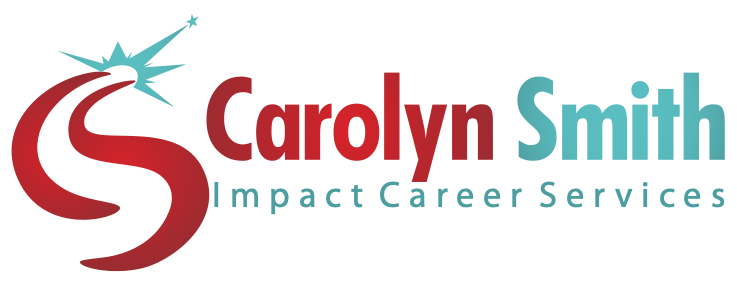 I want you to image two parallel planets. The first one I will call the employers planet and the second planet is full of job seekers like you.
I want you to image two parallel planets. The first one I will call the employers planet and the second planet is full of job seekers like you.
The employer’s planet is receiving on a frequency called WIFM, or what’s in it for me? The job seekers planet is broadcasting on the frequency called WID what I do. Now the problem is that the broadcaster, namely YOU, is not really getting through to the receiver. You are doing your best, but your efforts are resulting in more rejection letters than interviews and you seem to be missing out on roles that you are well and truly qualified for.
Why is this? It’s simply because you are not broadcasting on the WIFM frequency, as potential employers simply don’t understand what’s in it for them. What you need is a signal decoder and that decoder is called your personal marketing message, which is clear, focussed, and speaks to the needs of your prospective employer.
Whether you are submitting an application for a government job, contacting recruiting agencies, speaking to HR Personnel, or talking directly to the employer, you need to ensure that when they read and hear your marketing message, that they view you as the “must have” candidate.
To get to this point you need to understand:
*Your target market – namely who your message is going to be directed to
*Solutions – what are the key concerns of the employer, recruiter and selection panel members and what solutions can you offer.
*Benefits – what benefits can you bring to the organisation?
Let’s have a closer look at each one in turn –
Your target market is the organisations or type of roles you will be targeting during your job search campaign. Depending on your skills, knowledge and attributes your target will vary, but you need to ensure that target audience is interested in what skills or knowledge you have. Targeting is really important, as it is essential to identify the audience you will be addressing.
Solutions are about understanding what the employer’s needs and problems are and how you can resolve these. Depending on your target market, employer’s need staff to make money, save money, save time, make work easier, solve specific problems, ensure that they are more competitive, fulfil their statutory obligations, expand the business, gain and retain more customers.
Benefits are how you can personally deliver this through your experience, knowledge and skills you bring to the role.
For corporations, tuning into the WIFM for consumers is about identifying the target audience, (McDonald, targets children and their families, with Ronald McDonald, Happy Meals and Play Areas), providing solutions (Pantene will turn you unmanageable hair into salon hair) Benefits (By investing in an Industry Superannuation Fund, you will be $40K better off in 20 years time).
As a jobseeker you also can tune into the WIFM of employers utilising the same strategies that big and small corporations around the world successfully use.
To tune into the WIFM of employers:
Identify your target audience and understand what the potential employer’s requirements are. For example, if in the service sector, you will need to focus your marketing message on your skills relating to customer services. In the public service sector, you need to understand the role of the agency and where the job fits in the scheme of things. So for example if you understand that the key requirement of the role is the ability to engage with external stakeholders, focus your marketing message on your ability to build relationships and your interpersonal skills.
In relation to solutions and benefits, the core of your marketing message needs to be focussed on your achievements. By achievements I am not talking about that promotion, or pay rise you received, or even successfully completing a degree with first class honours, while you juggled both family and work commitments. Whilst these are all worthy achievements and you should be proud of them – they are focussed on YOU, not the employer.
When I talk about achievements, I am really talking about contributions and what differences you have made for present and past employers. For example you reduced operational costs by 34%, you implemented an occupational health and safety strategy, that reduced workplace injuries by 40%, or you created a new filing system that eliminated wasted time in searching for misfiled documents.
As soon as you start developing a core message that talks about your achievements, rather than just talking about processes (duties and responsibilities), then you set the stage for showing why the employer needs you and how you can satisfy their needs.
While talking about duties and responsibilities is important, don’t make them the core focus of your resume, selection criteria and cover letter. Instead focus on the solutions and benefits that you can bring to the employer.
Once you know what you have accomplished and contributed, then you can effectively transform your resume, cover letter, selection criteria and verbal message at interview into a clear, concise and powerful marketing message that demonstrates how you can provide a solution and bring benefits to the employer.
Once you do that – then you’re marketing message will be on a wavelength that employer’s will understand, which will differentiate you from the hugest majority of candidates.

Leave a Reply